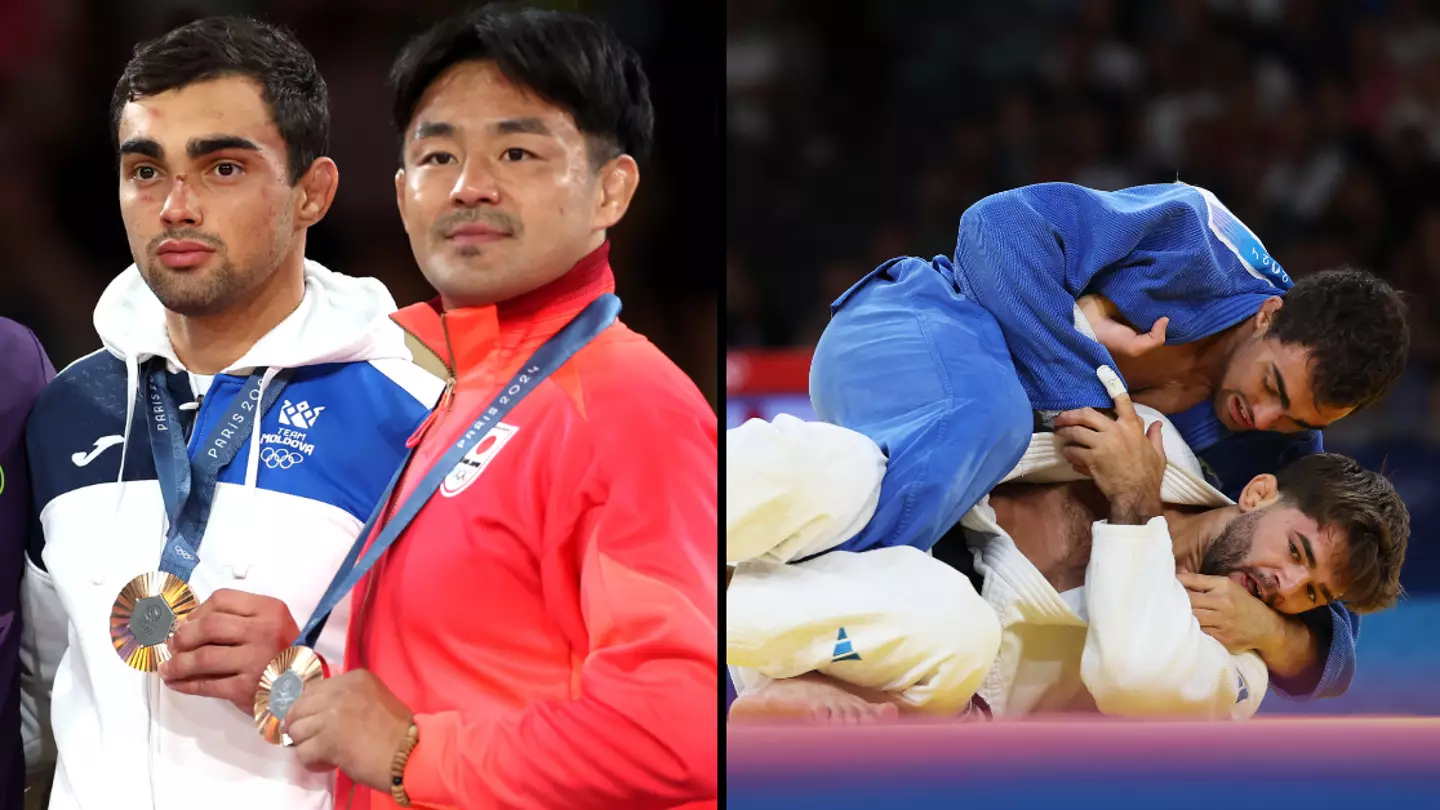
The Olympic Games is one of the most unique competitions in the world, with thousands heading to host cities every four years for a two and a half week festival of all things sport.
With more than 10,000 athletes for the 2024 Paris Olympics competing across 32 different sports, medals are handed out to the very best in their discipline.
Gold, silver, and bronze are up for grabs, with the top three competitors from each sporting competition awarded respectively. But for judo, the rules are a little different, with four athletes recognised on the medal podium.
Judo at the 2024 Paris Olympics
At the Paris Games, the judo runs from 27 July until 3 August, with a total of 15 events across the eight days of competition.
Advert
A total of 372 athletes are competing for medals in each of the seven weight categories for the men and women, as well as a team event involving both sexes.
And for every weight class, there are four medals up for grabs - one gold, one silver, and two bronze.
One such bronze winner is Moldova's Adil Osmanov, who suffered a nasty injury when celebrating his win.

Why are there two bronze medallists?
It is a little bit of a technical reason, but ultimately it encourages going for the win, with those who lose given a second chance at going down in Olympic history.
Judo uses something called the repechage system when organising its bouts and tournaments, giving those who lose early doors the chance of winning a bronze later on.
A system that is also used by wrestling and taekwondo in the Olympics, it gives those who lost in closely fought bouts the chance to go again.
The simple bit - there are two sides to each weight class, with the winners of both sides of the draw competing against each other for gold. The loser wins silver.
A bronze medal is then up for grabs for those on both sides of the draw, with each bronze medal competed in a mini-tournament by everyone who lost to each finalist. Still following? This video might help explain it:
How do you decide who wins bronze? And why is it a thing?
Ultimately, if you don't get to the gold medal match, you want the person who beat you to get to it so that you can compete for bronze.
Each bronze medal competition is then made up of the three competitors beaten by the judoka who gets to the gold medal match. The two competitors who went out in the first two rounds will compete, with the winner facing off against the judoka who lost out one step before the gold medal bout.
The two bronze medals exist as the sport recognises that the strongest competitors can be drawn against each other, with one of the best in the competition having the chance of only slightly losing out on quest for gold. And because they're on two completely different sides of the draw, the competitors are kept separate to fairly mirror how the draw went.